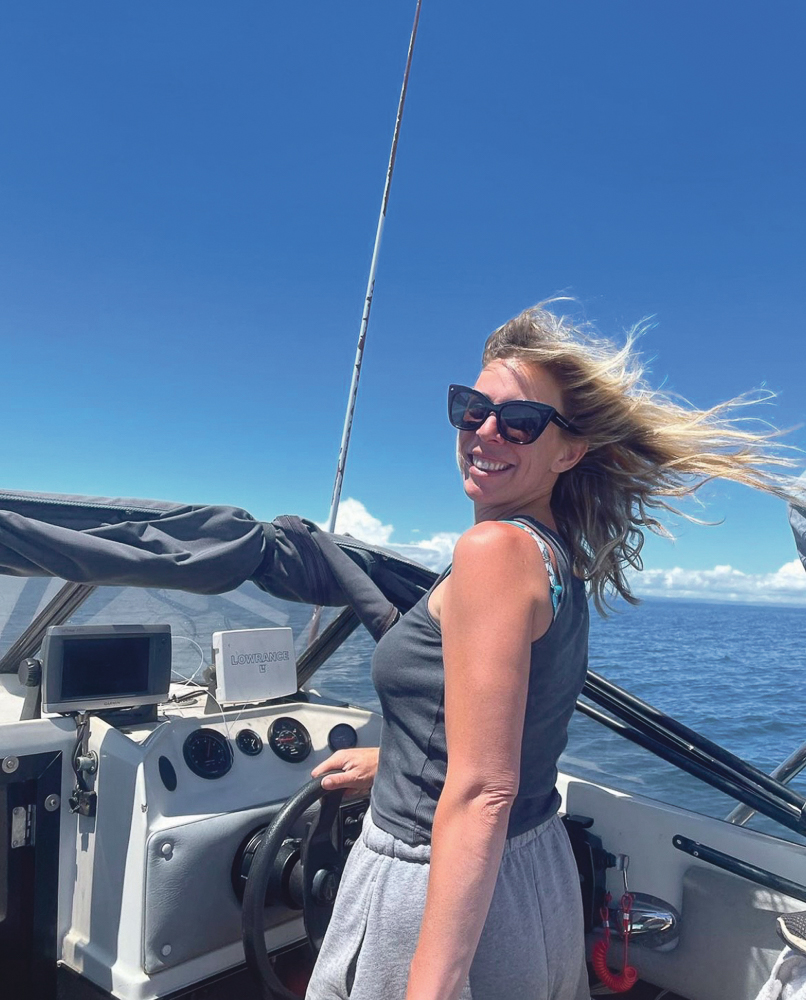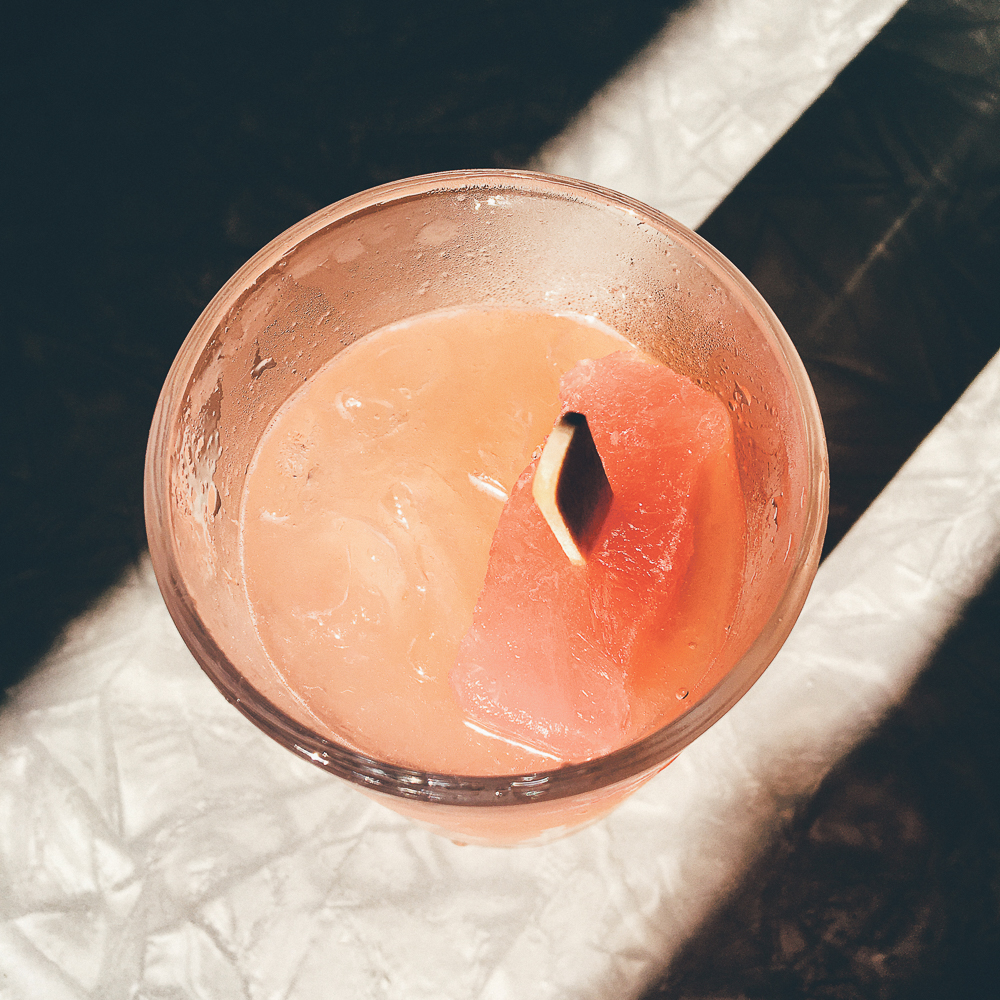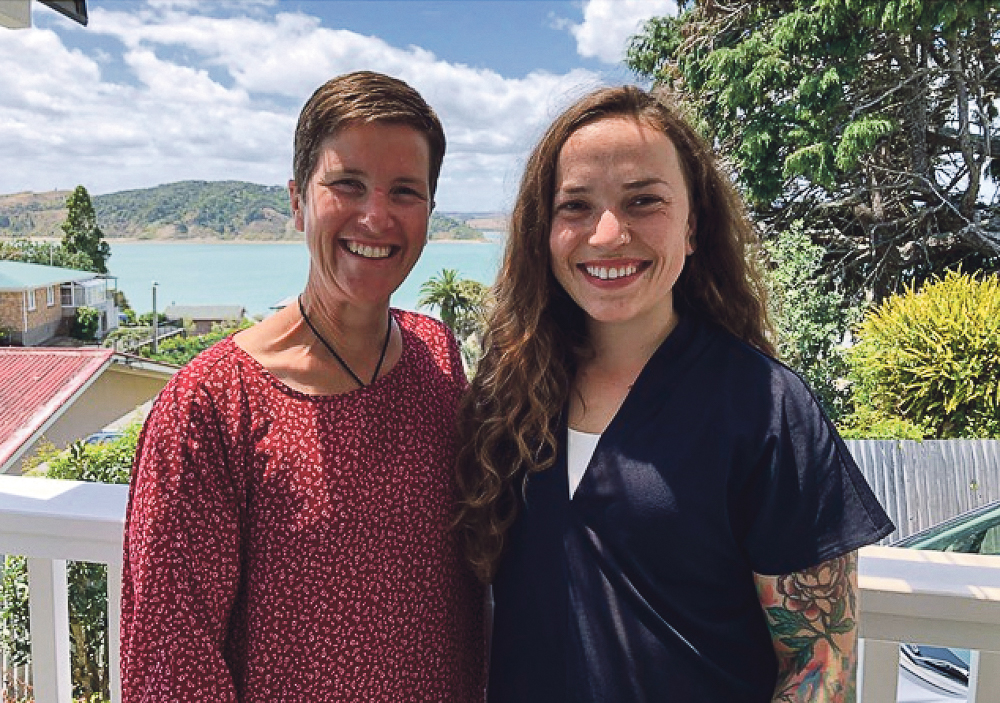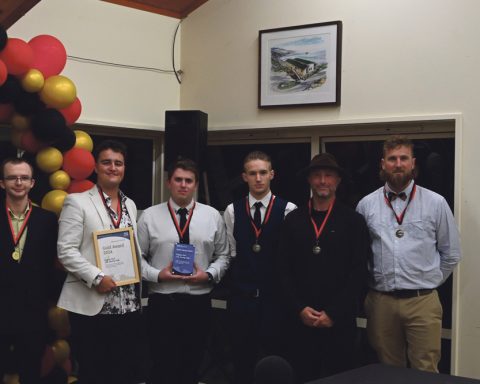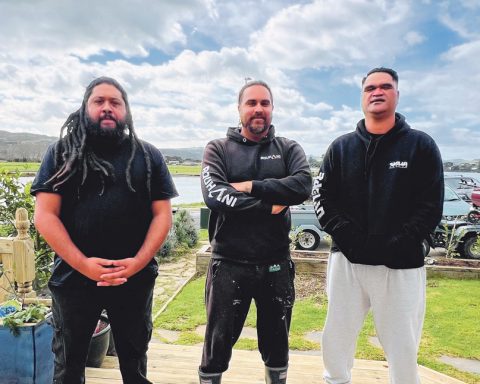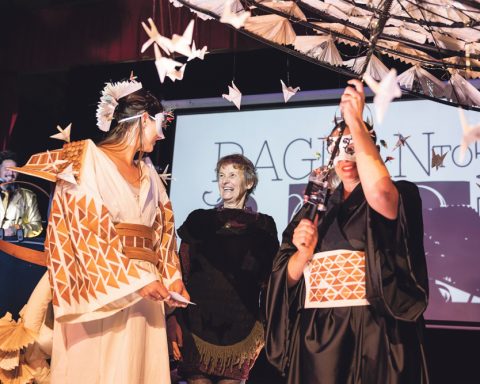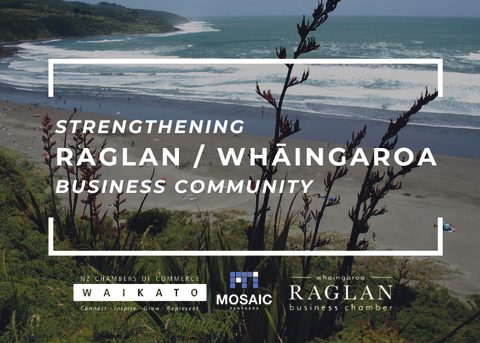This month Ruby Gibbs, founder of the Mental Health Toolbox, sat down for a chat with Rachel Hudson about navigating the ups and downs of life.
What is your relationship like with your mental health? Is it something that you consider every day?
Absolutely! Pretty much all day really. Essentially, I think I’m a really happy person and my depression and anxiety has stemmed from situational things that I can’t control; my brother dying, my daughter being born with a chromosomal syndrome, and my mum being in a wheelchair. When my brother died, that trauma, that grief was the most hideous, hectic roller coaster I’ve ever been on in my life. And that also brought up some PTSD, that I had never actually dealt with my daughter having a chromosomal syndrome.
So it brought a lot of other things to the surface?
Oh, 100%, it was agoraphobia, depression, anxiety. I just wouldn’t talk to anyone, completely insular, to the point where I had hit rock bottom in the worst kind of way. I thought screw this, I need to talk to my friends because I was always the strong one, I could deal with anyone, I was superwoman. I had all these problems in my life but I kept carrying on and running businesses and staff and building houses and looking after my kids and having a social life. I used to think strength was being strong and being told I was a strong woman all the time and I would be scared to show my vulnerability and now it’s actually the complete opposite.
When you were at that rock bottom, how did you move forward?
Yes, so I told my group of friends what was happening and that I was at my rock bottom and I wanted to move ahead and actually it was just admitting to everyone around me that I wasn’t coping. I knew from that day forward, it was up to me to take charge, no one else could and that started with a doctors appointment. It was scary, and finding the right doctor is hard but I did find the right doctor and she was incredible. She prescribed me antidepressants and as soon as you make that appointment, you start to feel better because you are starting to take control of your journey. So that was six years ago. And counselling was bloody great, talking to someone who had no idea about me. Then I was able to start taking control and being that strong woman but that was through showing vulnerability.
What about when you were a teenager, what has your past relationship been like throughout your life? As you were growing up how did you handle it?
When I was growing up, mental health was viewed as schizophrenic, manic depressive, bipolar, which is a whole different umbrella to what most people are dealing with on a daily basis. I had no appreciation or understanding of mental health as a teenager. Absolutely not. It’s so sad. I just thought, it was the 90s, people were being weak or sad or they were goth and enjoyed being sad because that was part of their thing but then, my cousin was bipolar, my nana is manic depressive and my brother was schizophrenic. That was my umbrella of mental health, that it was a really bad illness and once you get it, you lose who you are so you have to be really careful to not go down that track. That’s how naive we were to it.
What advice do you give to your children when it comes to their mental health?
I’m so open with everyone about it, I’ll tell anyone I’m on antidepressants, I go to counselling, I have bad days and anxiety and kind of make bad humour about it. But definitely with teenagers, it’s something I think about a lot. It’s really hard for parents, and in particular for dads, to transition their kids from being children who they can tell what to do to them becoming young adults. It’s hard for a lot of parents to understand that transition. My kids might tell me one of their problems that I know is not a big deal in my life but in their life, in that moment, it is a big deal. It needs to be respected and it needs to be talked about and we need to have a laugh and look forward to something. I try to reassure them that it’s always going to get better, but never ever saying, oh don’t be ridiculous, you’re only 16. You have to validate their feelings.
What are some of the lessons you’ve learnt over your life? If someone was to ask you for mental health advice, what would you say?
I would say don’t be afraid of it, don’t hide, more of us than not have an issue. Also, being vulnerable, having boundaries, being able to say no and not feel bad about it.
What are your go to tools in your mental health toolbox?
My kids happiness is my number one, so if they’re happy so am I. But definitely nature and friends. In particular, my girlfriends, I 100% appreciate them. Also good food, looking forward to things, community things, that stuff makes me happy. I guess I do check in with myself daily and if I need time out I will definitely take time out for myself. Being ok as a mum to take time for yourself, without guilt, is massive. And how good is waking up and being like damn I’m happy! That’s the nicest thing and appreciating those times, where you are super happy and reflecting on them too.
By Ruby Gibbs
